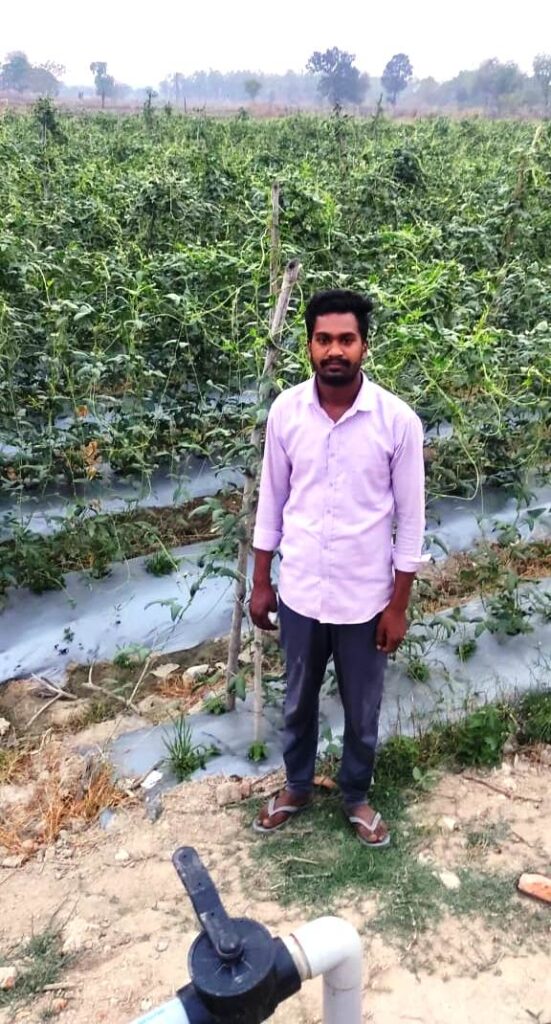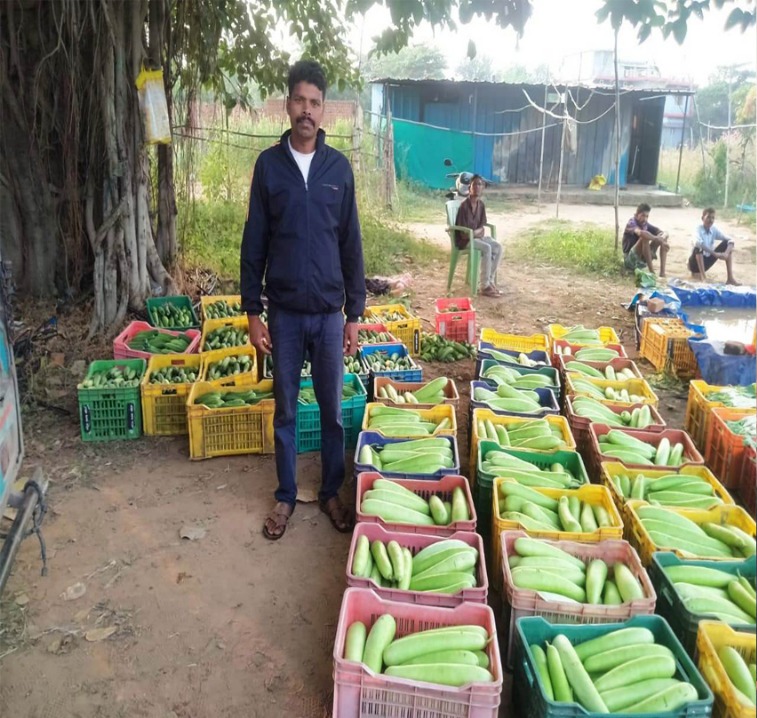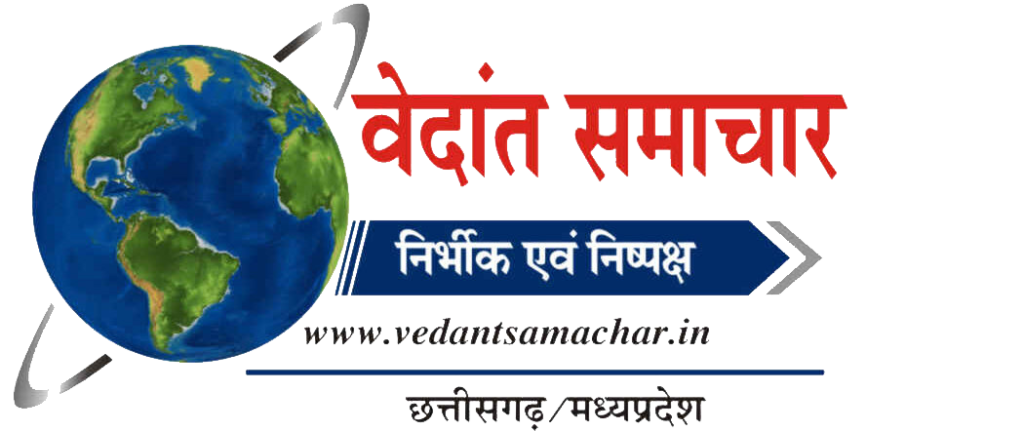95,159 farmers of the state are getting benefit from state-of-the-art irrigation farming methods
Increase in income of farmers along with reduction of cost in cultivation
Raipur, 27 March . The farmers of Chhattisgarh are using Israel’s state-of-the-art micro irrigation scheme to improve their income and agricultural produce. Drip and sprinkler irrigation methods are becoming increasingly popular among the farmers of the state. Chhattisgarh government is also giving subsidy to the farmers for adopting this new method. With this innovative technology, there is a substantial increase in the agricultural produce and less water is needed for irrigation for the cultivation of horticulture crops .

In Chhattisgarh, farmers are being given full incentives to adopt micro irrigation scheme. Under this scheme of Horticulture Department, 95,159 farmers have been given its benefits in the state so far. 55 percent subsidy is also being given to small and marginal farmers and 45 percent subsidy is given to other farmers. It is noteworthy that adequate Irrigation facility is being provided through drip and sprinkler system in about 1,14,614 hectares, which is 13.73 percent of the total area of 8,34,311 hectare under horticulture crops.
The micro irrigation scheme run by the state government in Chhattisgarh is proving to be a boon for the farmers cultivating horticulture crops. Under this scheme, irrigation is done with drip irrigation and sprinkler. With this irrigation method, every drop of water is utilized, and more area can be irrigated with less water. Farmers are also getting huge economical benefits from this method.

With the help of micro irrigation scheme, water reaches the plants immediately and due to non-leakage, chances of weed germination is very less. Moreover,there is a huge increase in the production of crops under this scheme. It is also a very cost effective method which produces crops even on high-low land. Fertilizer pesticides can be easily given to the crops through drip which also saves labor on irrigation.
Under this method, inputs like water, fertiliser, pesticide etc. are used in the right quantity and at the right time for maximum yield. This makes it easier to manage crops, save labor and increase productivity.
Mr. Leeladhar Yadu, a farmer hailing from Amalor village in Mahasamund district, who has become prosperous by adopting drip irrigation method, says that he has 0.80 hectare land. About 4-5 years ago, he used to cultivate vegetables without drip plant, in which the cost of labor and fertilizers was very high and water consumption was also high, water and fertilizers could not be utilized properly. But for the first time in the year 2021-22, the method of drip irrigation was adopted by him for vegetable cultivation. With this method, proper use of fertilizers and water could be done and there was considerable reduction in expenditure. The labor cost has also come down significantly, due to which his income has increased. Mr. Yadu further said that currently he is producing brinjal crop in his farm land, and he is getting a good price for brinjal in the local market from which he has earned a profit of Rs.95,700.
Onkar Patel, a farmer of Bendrakkona village of Korba district, says that in the year 2016-17, he started the production of bitter gourd, barbatti, bottle gourd etc. in 1.50 acres through drip mulching. Last year, at his own expense, he again planted bitter gourd, barbatti, bottle gourd, taroi, cucumber etc. in 1.50 acres, which gave him a lot of profit. An income of 6 lakhs has been earned by him by selling the crop produced. At present he is producing vegetables in 3 acres of land from which he is getting a net annual income of Rs.3-4 lakhs every year.
Farmer Shriram Kumar, a resident of Gujra village of Korba district, cultivated brinjal, cauliflower, cabbage, tomato, pumpkin, and radish vegetables through drip irrigation method under the Pradhan Mantri Micro Irrigation Scheme in village Kad and earned a net income of Rs 2 lakh. It is worth mentioning that through various schemes of Horticulture Department, farmers have applied for DBT in community fencing, pack house, mulching, pulverizer, sprayer and vegetables which have benefitted them greatly.
[metaslider id="347522"]

